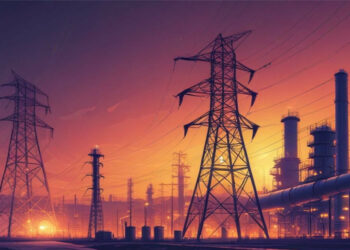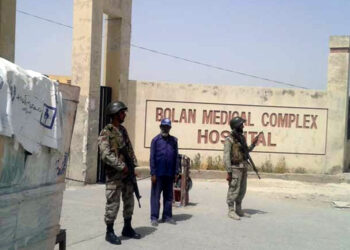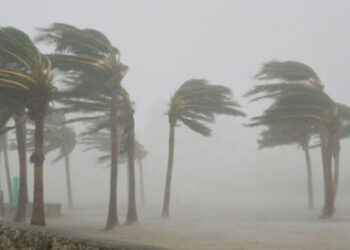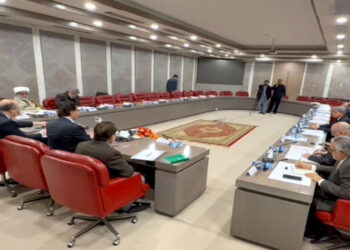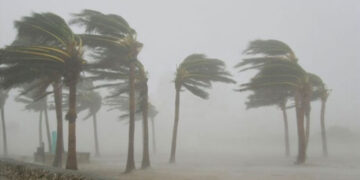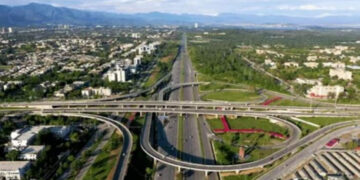![]() Follow Us on Google News
Follow Us on Google News
Karachi is grappling with a severe gas crisis amid the cold winter, forcing residents to rely on expensive liquefied petroleum gas (LPG) as a substitute. The situation has worsened, with many areas facing unannounced gas loadshedding and low gas pressure, causing widespread inconvenience.
While scheduled gas loadshedding occurs from 9:30 pm to 6 am and 2:30 pm to 5 pm, several parts of the city experience constant disruptions, with either no gas supply or significantly reduced pressure for most of the day. Residents from areas such as North Karachi, Lyari, and North Nazimabad have reported frequent gas shortages, particularly as winter sets in, leading to increased reliance on costly LPG.
The Sui Southern Gas Company (SSGC) attributes the crisis to the city’s aging gas distribution infrastructure, which is currently undergoing rehabilitation. However, the ongoing replacement of old pipelines in densely populated areas has further disrupted gas supplies, aggravating the issue.
As gas shortages persist, complaints have surged. Many residents have called the 1199 helpline in search of assistance, with some areas like Khokhrapar being without gas for days. This has pushed people to turn to LPG cylinders, despite the higher costs. Muhammad Rizwan, a retired employee of the Karachi Metropolitan Corporation, shared that he can barely afford the rising prices of LPG due to unpaid pension dues.
In a bid to access gas, some residents have resorted to using illegal gas suction devices. However, these devices often draw in air instead of gas, further exacerbating the low pressure. SSGC officials have warned that such devices are contributing to the problem by lowering gas pressure in several neighborhoods.
The demand for LPG has surged dramatically, with sales rising from 12 tonnes to around 16-17 tonnes in just a few days, according to Muhammad Ali Haider, Vice Chairman of the All Pakistan LPG Marketers Association. He also pointed out that the price of LPG fluctuates due to a lack of regulation at the retail level, and the city administration is unable to enforce proper price control.
SSGC, meanwhile, blames the depletion of natural gas reserves for the crisis, stating that supplies have dropped by 40 percent since 2017-18. The company insists that there is no formal loadshedding in its franchise areas, and the nighttime closures are part of a strategy to manage the limited supply during peak hours.











